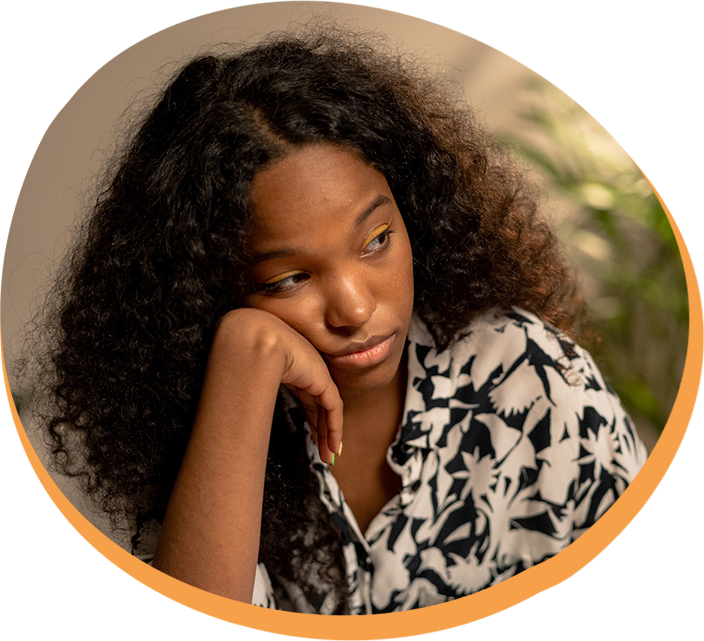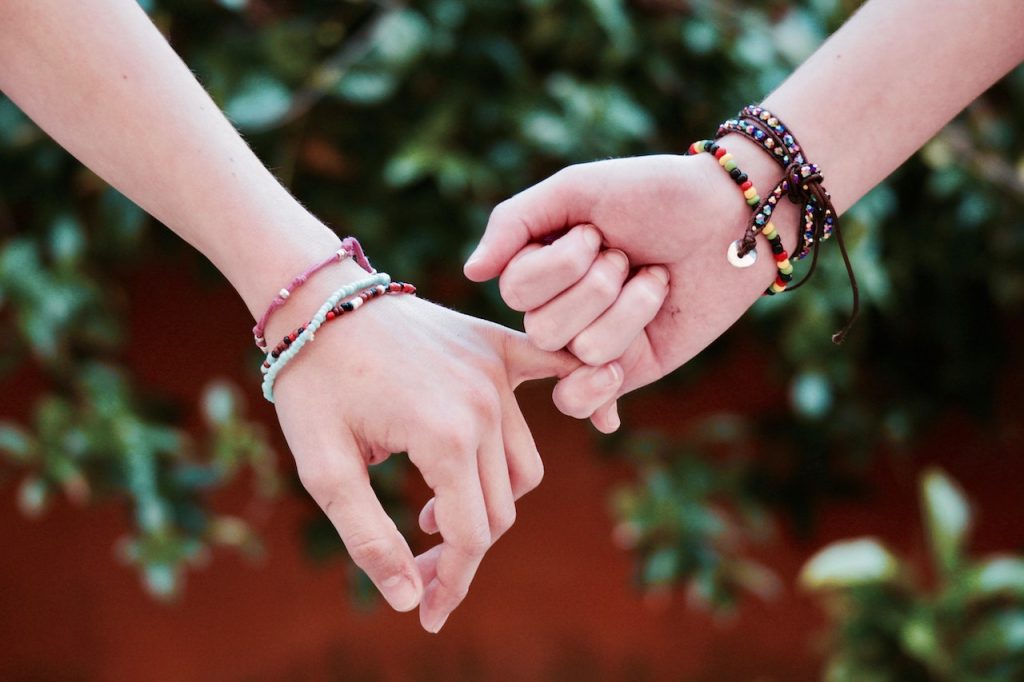Self Harm Support
We work hard to develop, implement and drive policy around Self-harm. Our aim is to raise awareness to help reduce this stigma, dispel the myths and support those affected by self-harm irrelevant of gender, age, background and experiences.
Self Harm
Self Love


We Understand
Self-harm, or Self-Injury as it’s also known, is far more widespread and complex than most people think. It’s also mostly hidden and often judged due to the stigma attached to it and a lack of understanding.
Research shows that the UK has one of the highest rates of self-harm in Europe, with 400 in every 100,000 people harming themselves. This only includes people who have reached out for medical support, so we know this number in reality is even higher.
Self-harm may look different for different people. There are many things that people do to themselves in a deliberate and often hidden way like cutting, burning, overdosing, scratching, biting, hair pulling and pinching themselves.
Signs of Self Harm
It’s never too late to help someone. Look out for these signs.
- Dressing inappropriately for the weather, such as wearing long-sleeved tops in the summer
- Changes from their usual eating and sleeping schedule
- Having unexplained wounds or unlikely justifications for injuries
- Interacting less or performing activities less well at home, school or work
- Avoiding activities that expose the body, such as swimming
- Change in their mood/ mood swings
- Hiding potentially dangerous objects, such as razor blades or cigarette lighters
- Expressing feelings of Depression and/or Anxiety
- Washing clothes separately
If you or somebody else is in immediate danger, call 999.
If you have hurt yourself and are worried, we would encourage you to seek medical attention by calling an ambulance or going to A&E or other medical support.
Short Term Care
Supporting Someone Who Self Harms
Calm: The most constructive way to deal with self-harm is to stay calm, try not to be alarmed or show your fears. For some, help from a mental health professional is what they need, but for others simply the support from their family is enough.
Guilt: Don’t ask the person to stop harming themselves ‘for you’. If they just do it to make you happy it will not be sustainable or may cause them to hide it. It may also leave them feeling like you just want them to change; that they are not accepted or understood, and this may in turn lead to them feeling even more isolated and distressed.
Empathy: Show that you see and care about the person in pain behind the self-injury. Acknowledge how frightening it may be to think of living without self-injury. Reassure the person that you will not try to ‘steal’ their way of coping.
Concern: Show concern for the injuries themselves. Whatever ‘front’ they may put on, a person who has injured themselves is usually deeply distressed, ashamed and vulnerable. You have an opportunity to offer compassion and respect – something different from what they are often used to receiving.
Support: Make it clear that self-injury is okay to talk about and can be understood. If you feel upset by the injuries, it may be best to be honest about this, while being clear that you can deal with your own feelings and don’t blame them for your feelings.
Respect: Convey your respect for the person’s efforts to survive, even though this involves self-harm. They have done the best they could.


Longer Term Care
Explore: Talk through and help the person make sense of their self-injury. Ask when the self-injury started, and what was happening then. Explore how it has helped the person to survive, in the past and now. Retrace with them the steps leading up to self-injury – the events, thoughts and feelings which lead to it. Gently encourage the person to use the urge to self-injure as a signal – of important but buried experiences, feelings, and needs. When they feel ready, help them learn to express these things in other ways, such as through talking, writing, drawing, shouting, hitting something, etc.
Risk reduction: Support the person in beginning to take steps to keep themselves safe and to reduce their self-injury – if they wish to. Examples of very valuable steps might be: taking fewer risks (e.g. washing implements used to cut, avoiding drinking alcohol if they think they are likely to self-injure); taking better care of injuries; reducing severity or frequency of injuries even a little. In all cases more choice and control are being exercised.

Achievements: Don’t see stopping self-injury as the only, or most important goal. A person may make great progress in many ways and still need self-injury as a coping method for some time. Self-injury may also worsen for a while when difficult issues or feelings are being explored, or when old patterns are being changed. It takes a long time for a person to be ready to give up self-injury. Encourage them and yourself by acknowledging each small step as a major achievement.
Engage: Support the person to create a care plan and seek professional support. This can be with you if they wish you to support them. This can be through their doctors, support services, and other health professionals. Don’t forget some mindfulness activities, distraction techniques and hobbies can also form part of a care plan and can be really helpful in the ‘here and now’ when support is needed.

Our Support Services
Supporting someone who self-harms can be very difficult, and it is important to recognise that. Knowing that someone you care about is in emotional distress can create many feelings including fear, anger, frustration, helplessness and sadness. Try to ensure that you have a way of dealing with your own reactions and feelings, as the person you are supporting is going to need all the patience, understanding and support you can give.
We are here to help you deal with those feelings by providing a safe space for those supporting someone who self-harms. You can get support, share experiences, ask for advice/suggestions and receive resources around self-harm.
